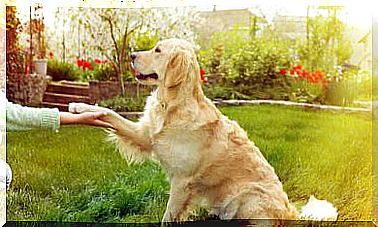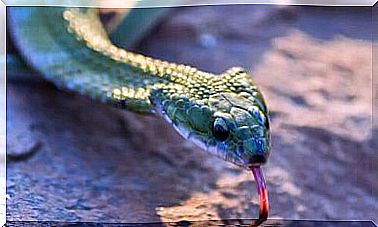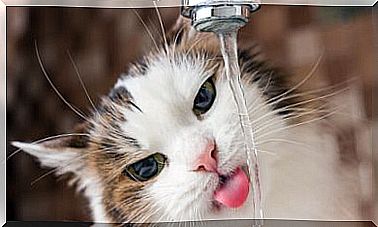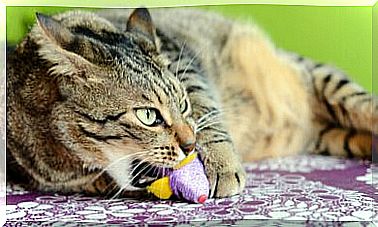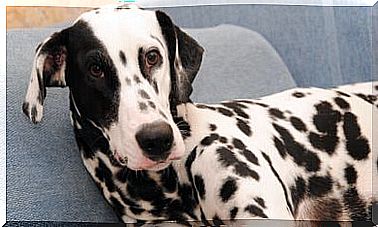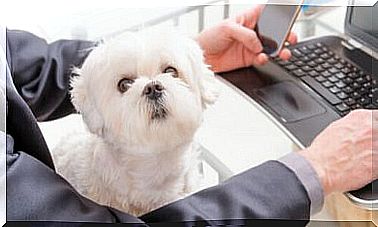In Spain, Animal Guards Collect An Animal Every Five Minutes
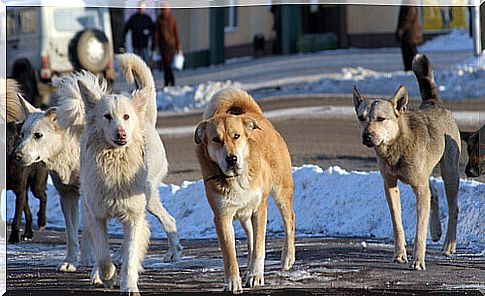
According to several studies, in Spain, animal guards collect an animal every five minutes. According to one of these studies on abandonment and adoption, in 2014 a total of 106,781 dogs and 33,410 cats were collected by animal protectors.
The numbers are alarming and show that animal adoption is stagnant. To some extent, the numbers suggest that, despite existing legislation, there are still several legal gaps, and there is little awareness.
But all is not lost, there are a multitude of organizations operating in the country to try to fight animal cruelty.
The ANAA (National Association of Friends of Animals) is located in Madrid, but operates nationwide. The group, each year, generates a series of campaigns to raise awareness and teach pet owners to be more responsible.
Many of these associations also have shelters that receive unwanted animals.
In Madrid, another protective association is the Fundação Arca de Noé, which finds new homes for dogs and cats and operates a neutering program in the city.
Madrid’s Society for the Protection of Animals and Plants, also known as SPAP, is another option. She runs campaigns to educate pet owners about their responsibilities, operates a veterinary clinic and takes legal action against those who are cruel to animals.
Laws in favor of animal welfare
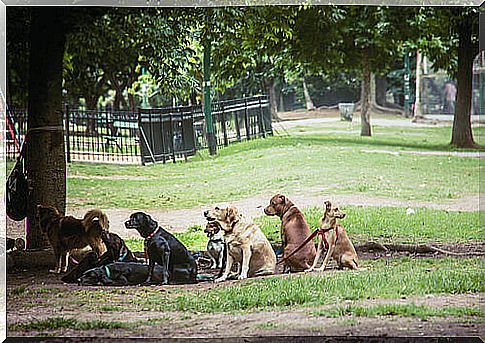
Author: Juanedc
For a long time, animal welfare has been considered a minor issue and many pet owners do not treat their own pets kindly. The lack of real legislation, until recently, has meant many cases of extreme cruelty to animals.
However, in recent years, there have been some changes in the laws due to pressure from many animal protectors.
Currently, for example, it is a crime to harm a pet, and whoever does so will have to pay fines of up to €100,000. The law also covers farm animals, including their living and transport conditions, and animals that are being used as part of scientific research.
Regarding the use of animals in “festivals”, such as the use of bulls, in recent years they have banned bullfighting in more than 80 municipalities and provinces such as Catalonia, the Canary Islands, Andalusia and Asturias.
In addition to the legislation mentioned above, there are regulations governing the ownership of “dangerous” dogs. In other words, some dog breeds must be registered with the local authorities and can only be accommodated in properties that have adequate facilities to prevent escape.
There are also a number of measures to control the purchase and sale of a domestic pet.
The seller must have a sales certificate (purchase and sale agreement), prove that the animal has a microchip or an identity card, immunization record – signed by the animal’s veterinarian – and any pedigree documentation that complements the animal’s identity .
On the other hand, the new owner will have to make sure that the pet has been vaccinated against rabies, or vaccinate it, if not, is also required to keep all vaccinations up to date and register the pet with the local City Council .
However, there are many owners who do not comply with these procedures.
In Spain, what happens when a dog is found on the street?
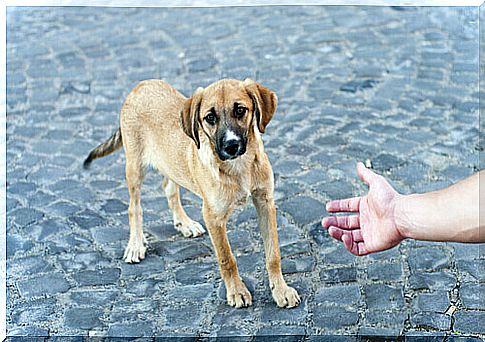
In Spain, if someone finds an animal, they must take it to a veterinarian to see if it carries a microchip. If there is no identification, the animal must be handed over to any animal protection society present in the country.
There are also local kennels that house stray animals, but in general they only keep them there for 2 weeks. After then, they are removed.
If someone loses a pet, they should see the veterinarian and report it as lost. Give the animal’s identification number so that, if found, it can be identified.
Useful phone numbers of animal guards in Spain
ANAA (National Animal Friends Association)
www.anaaweb.org
Tel.: 91 667 20 36 (Monday to Friday, 9 am to 2 pm)
E-mail: [email protected]
Noah’s Ark
Foundation www.fundacionelarcadenoe.com
Tel.: 91.873.08.98
Madrid Society for the Protection of Animals and Plants
www.SPAP.net
Tel.: + 913119133
